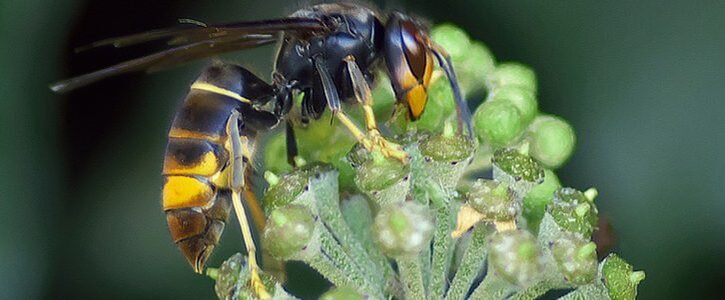5,000 signatures reached
To: The Government
Stop importing invasive species!

The government should ban the imports of soil and potted plants containing soil to stop the spread of invasive non-native species that threaten native wildlife and damage agriculture.
Why is this important?
Invasive non-native species are one of the biggest threats to biodiversity.
Now, one of the world's most invasive species, the Red Imported Fire Ant (Solenopsis invicta) has arrived in Europe and scientists estimate it's only a matter of time before it is devastating native fauna and causing loss and costs to agriculture.
The UK remains one of the last island nations to import soils and potted plants containing soils. In doing so, it is importing an increased risk. Asian Hornets, Fire Ants, terrestrial flatworms, slugs and snails are all species found in potted plants and soils. Their small size and ability to bury in to the soil means that they arrive unseen, even if the plant itself is checked. The only conceivable way to ensure species are not being readily imported is to reciprocate action seen elsewhere and ban the imports of soil and plants containing soil.
Now, one of the world's most invasive species, the Red Imported Fire Ant (Solenopsis invicta) has arrived in Europe and scientists estimate it's only a matter of time before it is devastating native fauna and causing loss and costs to agriculture.
The UK remains one of the last island nations to import soils and potted plants containing soils. In doing so, it is importing an increased risk. Asian Hornets, Fire Ants, terrestrial flatworms, slugs and snails are all species found in potted plants and soils. Their small size and ability to bury in to the soil means that they arrive unseen, even if the plant itself is checked. The only conceivable way to ensure species are not being readily imported is to reciprocate action seen elsewhere and ban the imports of soil and plants containing soil.

